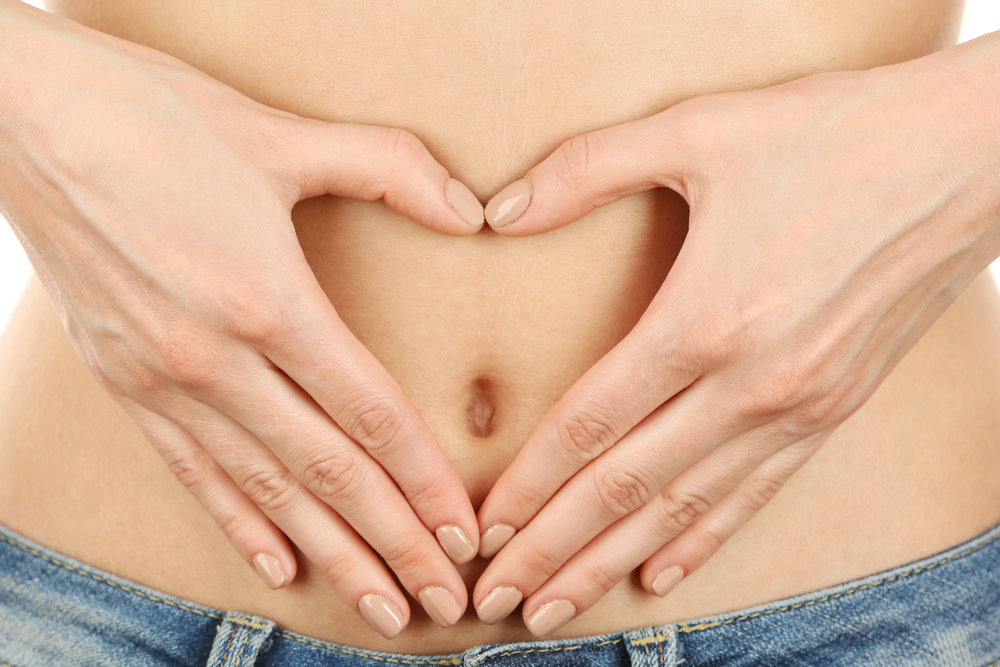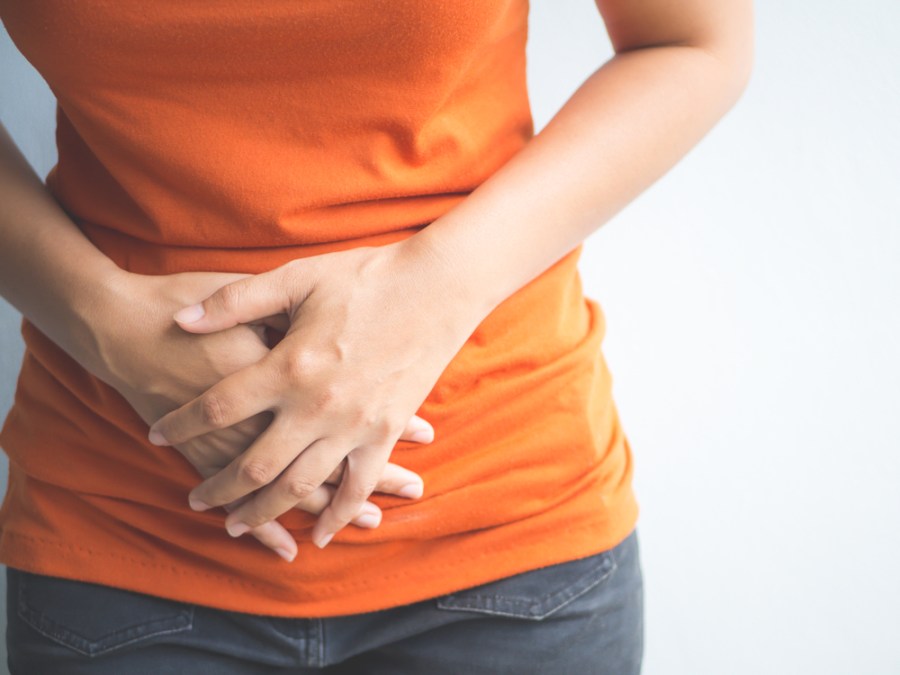Paid promotion with College of Naturopathic Medicine.
Improve your gut health, reduce bloating and flatten your stomach with these top tips and bloating remedies from Michelle Sanchez, Naturopath, Nutritionist and Medical Herbalist.
What causes bloating?
Bloating is a common complaint where you experience fullness and swelling in the abdomen, usually after eating. It’s uncomfortable, embarrassing and, at times, painful. The good news though is there are lots of dietary and lifestyles measures you can take to reduce bloating and improve gut health. Bloating occurs when there is a build-up of gas in the intestines causing a distension of the abdomen, resulting in your tummy feeling full and swollen. One of the primary causes can be eating your food too fast, making you swallow excessive air. The air gets trapped in the gut and has nowhere to go, hence the bloating.
Poor digestion and gut function are other driving factors. When your gastrointestinal muscles don’t work efficiently, your digestion can become impaired. The gut houses trillions of microorganisms which comprise of different bacterial species and fungi such as yeasts; these microbes are also known as the gut microbiota or gut flora.
What are the bacteria in the gut?
Most gut bacteria are beneficial as they help support your immune system, protect the body against pathogens and assist with food digestion and vitamin production. However,an overgrowth of harmful bacteria can cause fermentation and the release of excess gas, which typically brings on bloating. Constipation (hard stools and not passing a bowel motion every day) can block up your intestines and lead to abdominal pain and bloating. When stools sit in your colon for too long, they over ferment and create more gas. Food intolerances can also trigger bloating as the immune system abnormally reacts to the food particles, creating inflammation, trapped gas and poor bowel emptying.

5 remedies and tips to reduce bloating and improve gut health
- Keep a food diary to note which foods you’re eating and the reactions you’re having to them. It’ll enable you to pin-point the foods that are causing you to bloat the most.
- Eat slowly and chew your food properly as this will help you digest food much better, helping to reduce bloating and preventing you from swallowing excess air.
- Avoid consuming foods known to cause bloating, including gluten, wheat, dairy, beans, legumes, cauliflower, Brussels sprouts, onions, artificial sweeteners such as sucralose and Asulfame-K, and high fructose fruits such as pears, mangoes and bananas.
- Steer clear of coffee as it can aggravate your intestines, promoting inflammation and muscle spasms. Instead, drink a cup of peppermint tea after a meal to aid digestion. Peppermint works by relaxing intestinal muscles and reducing inflammation in the abdomen.
- Don’t drink carbonated beverages as the bubbles create trapped gas. Chewing gum can also lead to bloating as it makes you swallow extra air.









